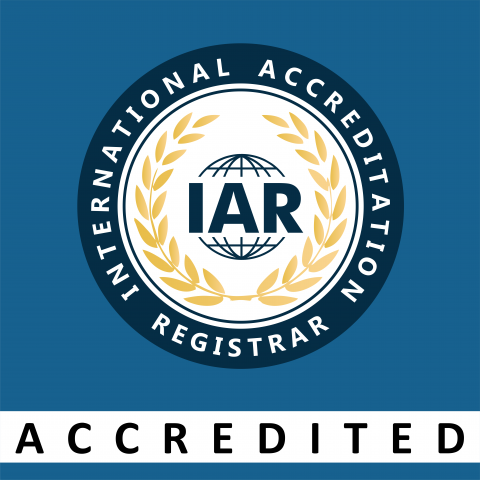Profitable Businesses
Aso of January 2022, providing specific average profit margins for various business sectors in Oman can be challenging due to the dynamic nature of industries, changing economic conditions, and individual company performance. Profit margins can vary widely based on factors such as the type of business, industry competition, operational efficiency, and market demand.
Rough estimates and can vary:
Oil and Gas Average Profit Margin Range: 10% - 20%
Tourism and Hospitality Average Profit Margin Range: 5% - 15%
Manufacturing (including petrochemicals) Average Profit Margin Range: 5% - 15%
Construction and Real Estate Average Profit Margin Range: 8% - 20%
Services (including finance, IT, and consulting) Average Profit Margin Range: 10% - 25%
Agriculture and Fisheries Average Profit Margin Range: 10% - 20%
Mining and Minerals Average Profit Margin Range: 10% - 25%
Healthcare and Pharmaceuticals Average Profit Margin Range: 15% - 25%
Education and Training Average Profit Margin Range: 10% - 20%
Retail and Consumer Goods Average Profit Margin Range: 3% - 10%
Restaurants Average Profit Margin Range: 5% - 15%
Grocery Stores Average Profit Margin Range: 3% - 10%
Please note that these figures are general estimates and actual profit margins may vary based on specific business circumstances and market dynamics.

